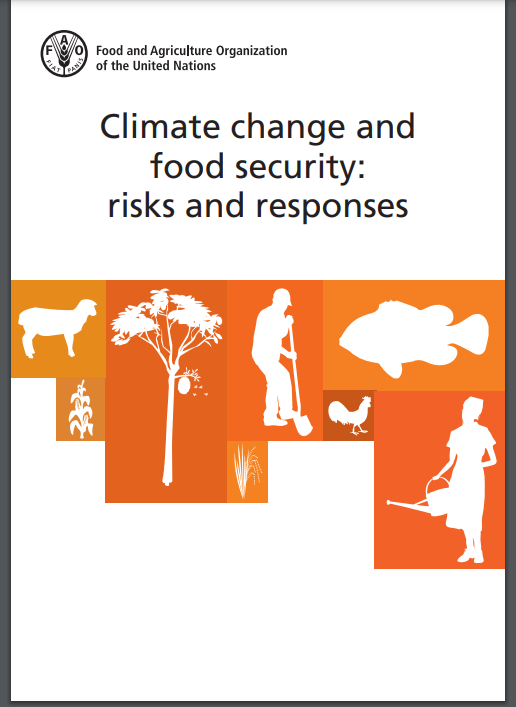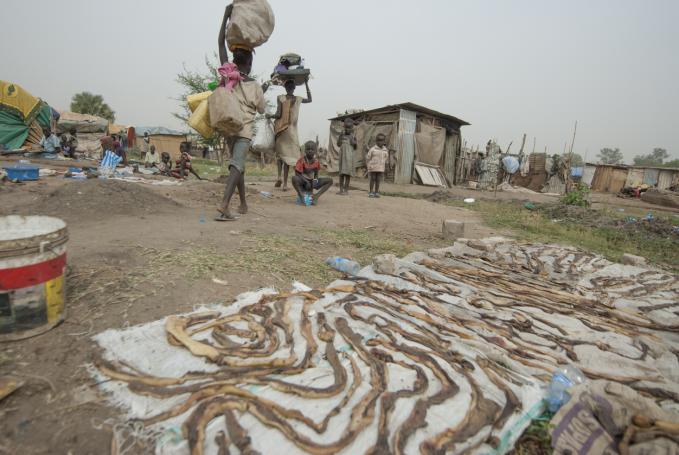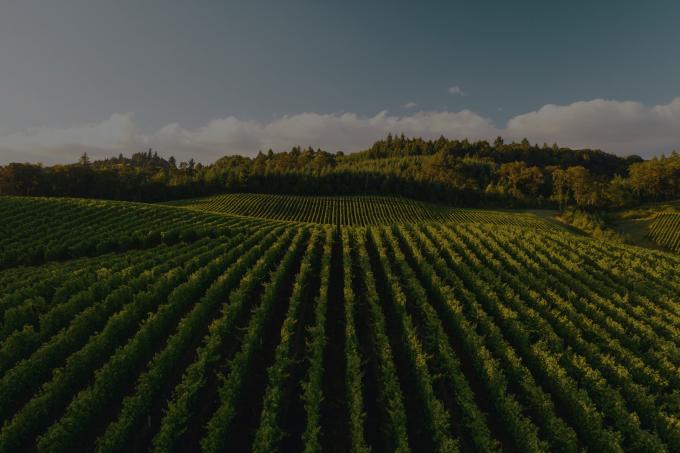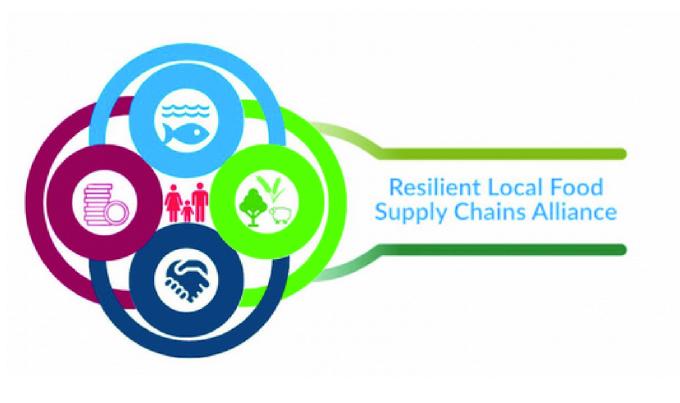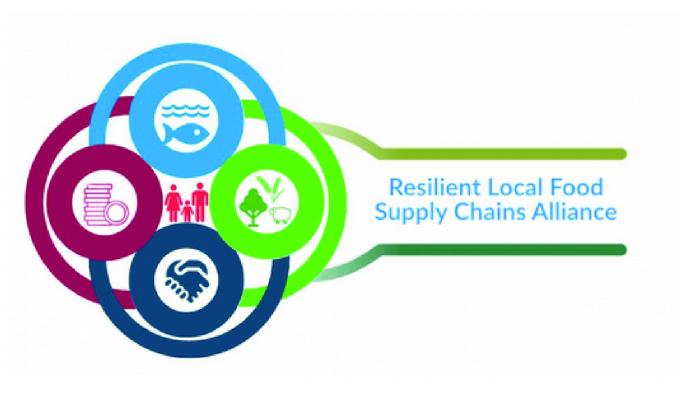Period
2016 - 2016
Farmers often burn crop residues, unaware of its detrimental effects on soil fertility and weed control. Workshops and practical training emphasized the harmful impacts of burning, promoting alternative methods like mulching and ploughing. The association of women farmers "AGRO-VINKA" showcased sustainable residue management where farmers learned about soil microorganisms' role and reduced weed population. The initiative, led by "AGRO-VINKA," reduced wildfires and GHG emissions, fostering a shift towards sustainable farming practices in Macedonian rural areas.
You must be registered to see all the content
Identification needs
It was clear that farmers were not aware that burning post-harvest residues has little or no impact over weed spreading for their seed is transferred by various ways (wind, birds, animals). On the other hand, burning causes sterilization of the top soil, providing ideal conditions for newly produced weed seed to germ and invade the territory. Finally, the high temperature kills all beneficial microorganisms that participate in the transformation of plant residues into organic matter, thus worsening soil's characteristics.
So, a series of workshops on different topics were organized in order for farmers to understand that burning plant residues causes more harm than benefit. This was the main target of practical trainings as well. Farmers were exposed to scientific findings on the processes that are crucial in maintaining soil's fertility and characteristics which are lost due to high temperature of top soil layer during burning process and the small effect fire has over weeds' spreading, for their seed is trasnsferred by wind or animals as well.
Additionally, the following activities took place:
1. Recommendations on alternative methods were given for dealing with crop residues by plowing the crop residues immediately after harvest, mulching, making briquettes, using straw as fodder for ruminants by treating it with urea;2. Four demo farms were identified, where farmers were guided to adhere to the recommendations given to them by the consultant and related to the handling of harvest residues; 3. Signs warning about the danger of burning harvest residues have been placed in all four municipalities.
Stakeholder change
Farmers have learned how they can reduce weed population by applying alterntive methods that cause no harm to the environment. They have also learned about the importance of the microorganisms in the trasformation of plants' residues into organic matter, that is by the plants as nutrient. Farmers' association leadership have proved their commitment to providing knowledge for improved competences and following regulations on GHG emissions in the country.
Change triggered
The number of wild fires on the rice growing plots is reducing gradually. It cannot be said that the previous bad habit is no longer practiced, but the number of individuals who have given up setting fires is significantly lower, thereby cutting GHG emissions and preserving indigenous life forms.
Short description
The bad habit of Macedonian farmers to burn post-harvest residues leads to enormous air pollution and loss of indigenous life forms (at a micro and macro level; above and below the soil surface).It is common belief that by burning the cereals' post harvest residues weeds shall be reduced; therefore it is a commonly accepted principle.
The association of women farmers "AGRO-VINKA" from Vinica implemented the project in four municipalities: Vinica, Kočani, Zrnovci and Cešinovo-Obleshevo, that is, in rural areas where the population is mainly engaged in the cultivation of cereals.
Educational materials have been printed and distributed about the dangers of burning harvest residues and the alternative methods that can be applied.











